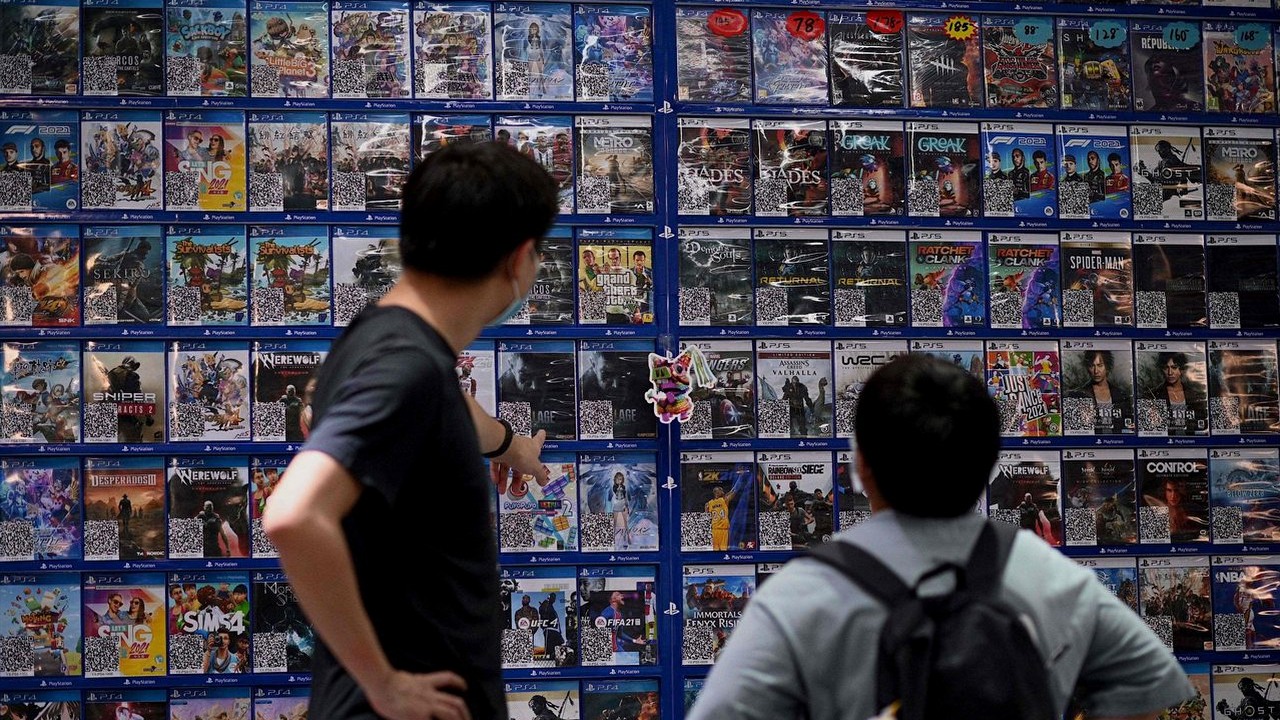China hasn't Allowed New Games on the Market Since Controversial Ban
Chinese censors have not allowed any new video game on the market since a controversial ban on showing „effeminate” men on Chinese television.

China's regulatory authority in charge of allowing video games to reach China has not approved any new titles in more than two months since the introduction of the controversial ban on showing "effeminate" men on Chinese television. This is the result of a call by the country's leader, Xi Jinping, for stricter control by the Chinese Communist Party over business, education, culture and religion in order to "cure" the country of the effects of harmful values. Authorities are particularly uncomfortable with the influence of celebrities and popular culture imported from South Korea and Japan, which promotes a metrosexual image of men.
According to a memo found by the South China Morning Post in an industry course on new requirements for video games, the definition of games as mere form of entertainment has changed. Developers are required to treat them as an art form, which must be consistent with the values, history, culture, and ideological line of the Chinese Communist Party. According to general guidelines, they may not break the law in any way, reveal state secrets, show nudity, blood, drugs, promote superstitions, violence, and gambling. Even the presentation of tattoos is forbidden, as they are one of the form of affiliation with criminal groups.
The following video about the Chinese version of Gwent shows perfectly which elements the developers had to remove in order to release the game on the Chinese market.
The story of a Taiwanese game Devotion, in which the devs placed a poster allegedly referring to the meme comparing Xi Jinping to Winnie the Pooh, shows how sensitive the Chinese authorities are. Eventually, the game disappeared from digital stores and its local distributor was punished by having its license to do business in China revoked.
Detailed application of the new requirements can be very problematic for game developers and completely exclude some games from the Chinese regulator's decision-making process. For example, titles set in fictional, post-apocalyptic worlds, where the players are forced to kill others, may be assessed negatively. On the other hand, titles that enable the players to choose between good and evil have "blurred moral boundaries" and enable the players to make inappropriate decisions, according to the memo.
The ban on promoting superstitions and religious cults has long forced developers of Chinese versions of games to replace skeletons and bones with other models. The example of World of Warcraft shows which model fragments have been replaced:
Another very sensitive subject are games that show same-sex relationships or "effeminate" men; the game will be banned if it contains such content. If the regulator cannot immediately determine the gender of a character in a game, it will also reduce the chances of approval. Some of the biggest companies that have backed the guidelines are Tencent and NetEase.
Historical elements are another minefield for developers:
"Games can't distort facts or deliberately provoke controversy, and historical figures with established narratives must not be refashioned."
Games, where the course of historical events can be altered, are to receive special attention. The censors will especially look at titles that feature Japan or Nazi Germany. The fight against "barbarians" may be considered an element of colonialism, and titles depicting the Japanese Shoguns as an expression of militarism and chauvinism. The presence of crosses and swastikas in games is also to be subject to special verification.
The devs who want to appear on the huge Chinese market are forced to adapt their works to the regulator's strict rules. This takes time and consumes additional resources. The aforementioned example of the Chinese version Gwent, which we also wrote about here, shows which elements primarily attract the attention of censors. Movie productions suffer a similar fate; some (such as Shang-Chi and the Legend of the Ten Rings, Black Widow) may never be released in China.
- China Bans Live Streaming for Minors Under 16
- TikTok Limited to 40 Minutes a Day - More Restrictions in China
- Tencent Loses Billions After China Calls Video Games Spiritual Opium
0
Latest News
- Elite Mod lets you play the Tau faction in Warhammer 40K: Dawn of War 2
- Huge Marvel Adventures mod now with new superheroes, including Sentry
- Butcher's Summit, an impressive free diselpunk FPS, has been released
- Free FPS on Half Life engine gets big update
- On February 3, gaming history could change forever. Red Dead Redemption 2 one step away from a major achievement

